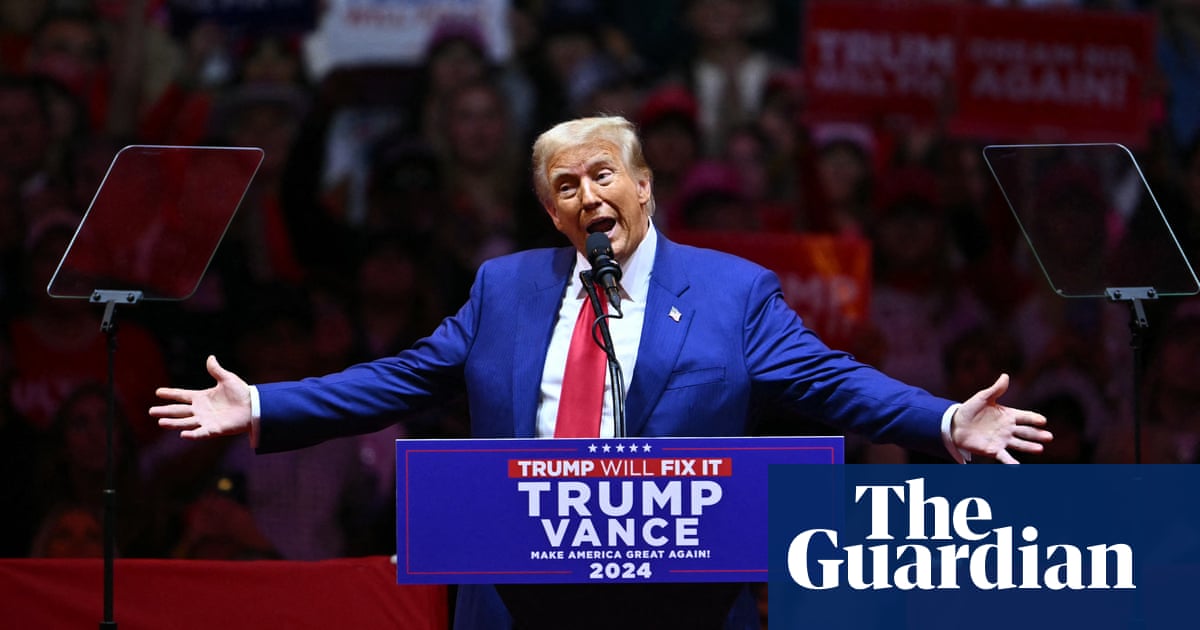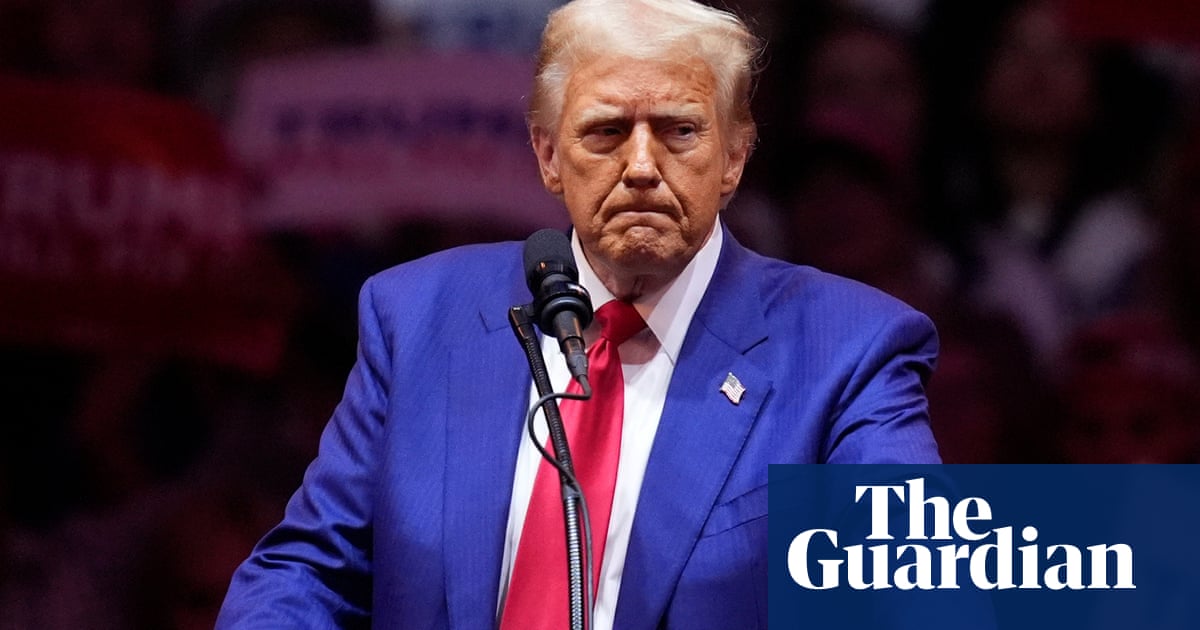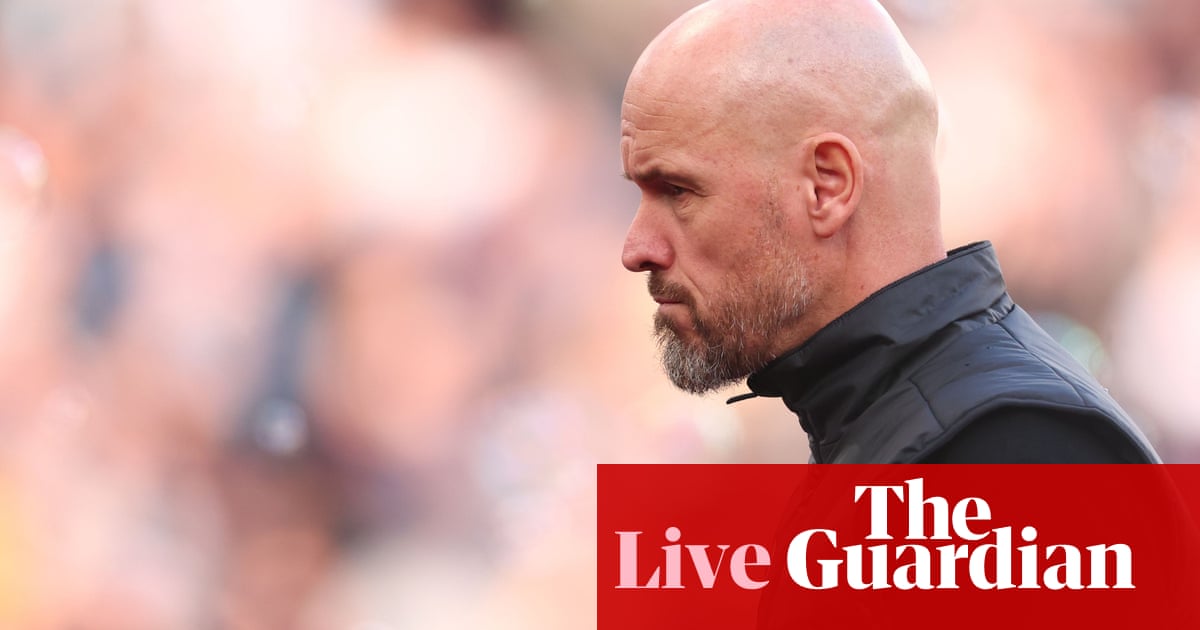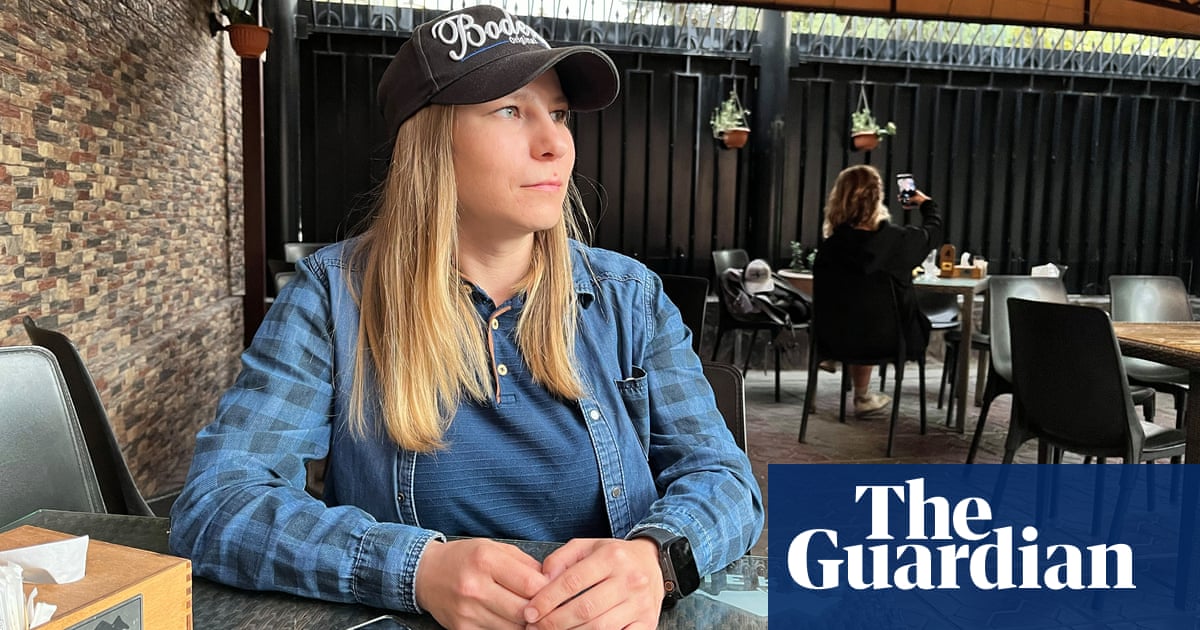Outrage is continuing to mount following the racist anti-Puerto Rican remarks at Donald Trump’s Madison Square Garden rally in New York as Democrats, celebrities and even some Republicans condemned the incident.
Comedian Tony Hinchcliffe came under fire for comments made about Latinos and Puerto Rico at the Sunday rally.
“I don’t know if you guys know this, but there’s literally a floating island of garbage in the middle of the ocean right now. I think it’s called Puerto Rico,” he said, among other controversial remarks.
In the hours following, Democrats and Hispanic groups on both sides of the political aisle have condemned the comments as “offensive” and “derogatory”.
Kamala Harris called the remarks “nonsense” and said: “I think last night, Donald Trump’s event in Madison Square Garden really highlighted a point that I’ve been making throughout this campaign. He is focused and actually fixated on his grievances, on himself and on dividing our country.”
Joe Biden said the rally had been “simply embarrassing” and added: “It’s beneath any president, but that’s what we’re getting used to. That’s why this election is so important.”
Democratic representative Alexandria Ocasio-Cortez, born in New York to Puerto Ricans, called out the comments in a series of posts.
“This isn’t the comedy store. You’re using your set to boost neo-Nazis like MTG & stripping women’s rights to the Stone Age. Your ‘sense of humor’ doesn’t change that,” she wrote in one post replying directly to Hinchcliffe defending his comments.
Tim Walz, Harris’s running mate, was also unamused by the racist jokes.
“People in Puerto Rico are citizens. They pay tax and they serve in the military at almost a higher rate than anybody else,” he said on a Twitch livestream with AOC.
In addition to being immediately criticized by the Harris campaign, the comments drew angry responses from prominent Puerto Rican Republicans including Angel Cintron, the head of the Republican party on the island.
Republican congresswoman Maria Elvira Salazar, who represents parts of Miami and has participated in recent Trump events, criticized the remarks on X, writing: “Disgusted by @TonyHinchcliffe’s racist comment calling Puerto Rico a ‘floating island of garbage.’ This rhetoric does not reflect GOP values. Puerto Rico sent 48,000+ soldiers to Vietnam, with over 345 Purple Hearts awarded. This bravery deserves respect. Educate yourself!”
Rick Scott, a Republican senator from Florida, also used X to call out the comedian.
“This joke bombed for a reason. It’s not funny and it’s not true. Puerto Ricans are amazing people and amazing Americans!” he wrote in a post.
Peter Navarro, a former Trump administration official and loyal supporter, opted for more colorful language: “@tonyhinchcliffe must be the biggest, stupidest asshole that ever came down the comedy pike,” he wrote on X.
Trump’s team is scrambling to contain the backlash. Campaign spokesperson Karoline Leavitt said in an interview on Fox News that Hinchcliffe made a “joke in poor taste”, but also suggested that the incident was being overblown.
“This joke does not reflect the views of President Trump or the campaign,” Danielle Alvarez, a Trump campaign spokesperson, said in a statement.
But the criticism continues outside politics. Puerto Rican music stars Bad Bunny and Ricky Martin announced their endorsement of Kamala Harris following the Trump rally. Martin wrote in a post to his 18 million followers on Instagram: “This is what they think of us. Vote for @kamalaharris.”
Several political action committees have seized the moment as an opportunity to grow support for the Harris campaign.
Nuestro Pac, a Democratic Super Pac focused on Latinos, began sending texts on Monday after raising $30,000 to text all Puerto Rican voters in Pennsylvania following the Trump rally, the Washington Post reports.









